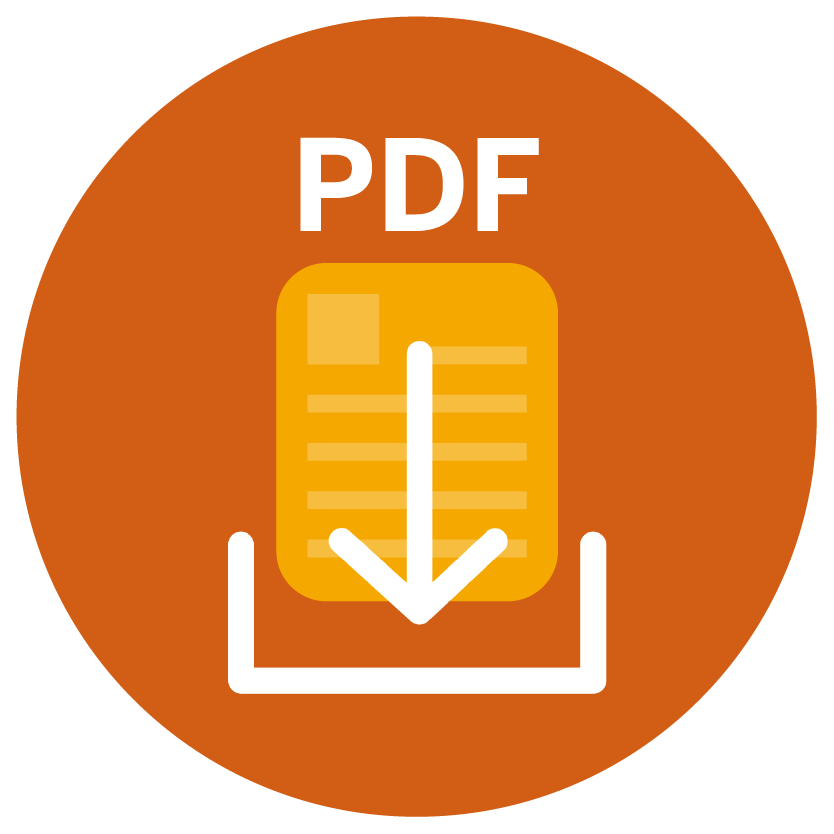Volume XLII, No. 12 | April 9, 2020
What to Expect When Testing Occurs Online
As undergraduate classrooms across the country transition online, many faculty members are concerned about assessing their students in online environments. These concerns include issues with academic integrity and the lack of reliable proctoring of assessments. What options exist for online exam proctoring? How can instructors ensure students are getting the most out of their exam experience?
Best Practices
While most instructors are familiar with best practices of in-person assessments, many may not realize that best practices for online assessments differ. These include:
- Time the exam carefully and, in some cases, time each question separately.
- Lock each question after a student has responded and do not allowing backtracking through questions.
- Create large databases of questions to pull from.
- Rely on higher order and essay questions as opposed to multiple choice questions that are easier for students to look up.
Academic Integrity
Studies show that the majority of undergraduate students think academic dishonesty is a big issue in online classes[i]. One large-scale study of cheating in online courses found that between 26 percent and 34 percent of students cheated by looking up answers online[ii]. This particular study employed advanced measures to look for cheating, including planting a fake resource that appeared in Google search engines when the exact wording of the question was entered, comparing student responses to common website language, and tracking IP addresses.
To discourage cheating, it is important to explain to students the benefits of taking exams. Testing increases learning and comprehension of course objectives. Preparing for exams increases learning through practice. When students learn to study effectively, they gain a skill that will help them throughout their college experience and beyond. These benefits would be diminished if students did not have an authentic “recall” experience that required them to produce answers based on their learning without the help of available resources. Exams are also beneficial to faculty who must evaluate students in order to give them a letter grade. For most instructors, this grade is determined in part based on summative assessments.
Student Attitudes
For the past two years, my online students took half their exams online and half their exams at a location that offered in-person proctoring. The online test-takers used the maximum amount of time possible when taking an exam, suggesting that some students struggle to effectively time manage an online exam. In general, the scores for online exams increased. While most students preferred online exams due to flexibility, not having to come to campus, and being more comfortable and in control of their environment, some expressed that they did not like taking exams online. Students reported increased anxiety because of the amount of time provided to take the exam. Being forced to answer one question at a time was difficult for students who have been taught to skim a test and answer the easy questions first.
Commercial Options
There are commercial proctoring services available such as those offered by Proctor U, Examity, Respondus, Honorlock, and Proctorio. These proctoring services offer a menu of options including locking down the browser on the computer that is delivering the test, videotaping the student via webcam while they take the exam online, and live video monitoring of the test. While there are some benefits with regard to integrity, these software solutions each have limitations and are often costly to implement for the institution and for students. (Student cost can be anywhere from $10-$45 per exam.) Furthermore, students must have a strong internet connection capable of handling video streaming and a webcam in order for some of these methods to work. However, none of these software solutions prevent students from having notes or a tablet nearby so they can look up the answers to exam questions.
Conclusion
Instructors administering tests online should consider how their evaluation can impact student learning. It is not as simple as just typing standard exam questions into your learning management’s quiz platform. Expect differences in outcomes from your traditional exams and be creative in order to find ways to gauge meaningful student learning, and not just the answers students can easily find on the internet.
Heather Seitz, Professor, Biology
For more information, contact the author at Johnson County Community College, hseitz@jccc.edu
Best Practices Resources:
Best Practices for Quizzes and Tests: http://cfcc.edu/blogs/DL/2010/01/25/best-practices-for-quizzes-and-tests/
Online Educators Won’t Have to Spy on Students: http://chronicle.com/article/Online-Educators-Wont-Have/47291/
Endnotes:
[i] Berkey, D., and Halfond, J. (2015). Cheating, student authentication and proctoring in online programs. New England Journal of Higher Education, July 20. Retrieved from https://nebhe.org/journal/cheating-student-authentication-and-proctoring-in-online-programs/
King, Guyette, and Piotrowski (2009). Online Exams and Cheating: An Empirical Analysis of Business Students’ Views. The Journal of Educators Online, Volume 6, Number 1, January 2009.
Watson, G., and Sottile, J. (2010). Cheating in the digital age: Do students cheat more in online courses? Online Journal of Distance Learning Administration, 13(1) Retrieved from http://www.westga.edu/~distance/ojdla/spring131/watson131.html
[ii] Corrigan-Gibbs, H., Gupta, N., Northcutt, C., Cutrell, E., and Thies, W. (2015). Deterring cheating in online environments. ACM Transactions on Computer-Human Interaction, 22(6), Article 28. DOI: http://dx.doi.org/10.1145/2810239



